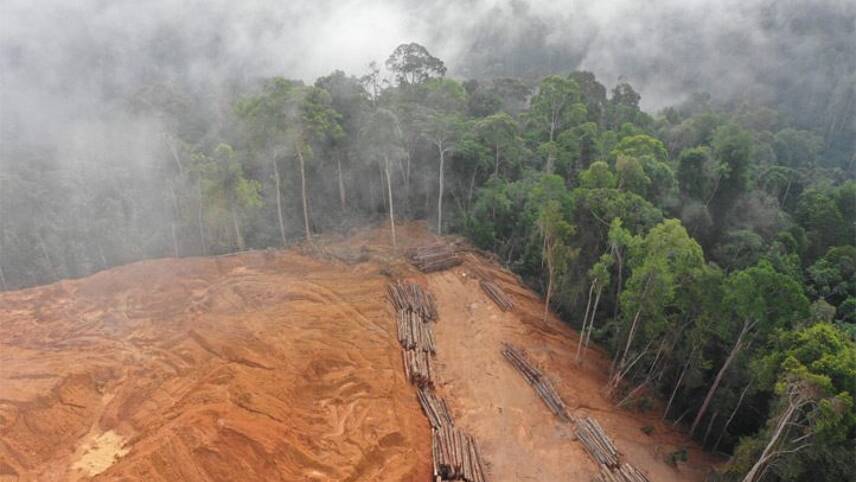Register for free and continue reading
Join our growing army of changemakers and get unlimited access to our premium content

The rate of deforestation in the Amazon is the highest it's been in more than a decade
That is according to a damning new analysis from non-profit Global Canopy, concerning a statement coordinated by Ceres and the UN’s Principles for Responsible Investing (PRI) initiative. Penned last year amid a bought of forest fires in Brazil, the statement “urgently requested” companies to “redouble their efforts” to eliminate deforestation from their operations and supply chains – particularly in the most-affected nations and regions.
The statement specifically recommended that companies with operations or supply chains in Amazonian nations should set commodity-specific policies with time-bound commitments and no loopholes. It also urged companies to conduct risk assessments across the entire supply chain and to publicly report on progress every year.
It had been hoped that the signatories of the statement – who collectively manage more than $16trn (£12.4trn) of assets – would mandate companies in their portfolios to adopt these measures through new policies of their own. However, the majority seem to have not made this change.
Global Canopy was only able to confirm that 21 have policies covering all of the forest-risk commodities in their portfolios, based on publicly available data at the time of the assessment, including BNP Paribas and Storebrand. A further 12 have policies for timber and palm oil but not for soy and cattle.
“Last year’s statement was an important step, but investors can’t go silent as the problem gets worse,” Global Canopy’s executive director Niki Mardas said, alluding to the fact that deforestation and fire rates in the Amazon have increased sharply since Covid-19 was first declared a pandemic.
“They need to engage on this consistently, setting clear deforestation policies and reporting on their progress.”
Wood for the trees
The update from Global Canopy comes as the UK Government is mulling measures that would force large companies to prove that their supply chains are free from illegal deforestation or face hefty fines.
While the move has been met with cautious optimism, Global Canopy and other green groups would like to see stronger legislation introduced by governments in forest nations. This could help reduce loopholes in international trade.
Speaking at the UN Biodiversity Summit earlier this week, Brazilian President Jair Bolsonaro said that “international greed” was the cause of habitat destruction and degradation in the Amazon, rather than his government’s policies. This argument stands in stark contrast to the view of many environmental and indigenous groups.
He said that Brazil “intends [to use] the huge wealth of resources” that the forest provides, arguing that it would be “unfair” for multinational firms to be held to lower standards than Brazilian businesses.
Soy far, soy good
In related news, Marks & Spencer (M&S) announced this week that it has eliminated soy from all feed provided to dairy cows in a bid to meet its zero-deforestation targets.
Soy is widely considered a key driver of deforestation. Producing regions are forest-rich and land clearance has been documented. Of the soy produced in Brazil – one of the world’s biggest exporters – 10% is believed to be grown on land which was once rainforest and has since been cleared.
With this in mind, M&S has re-formulated its feed for dairy animals, replacing soy with alternatives such as rapeseed oil and sugar beet. It claims the new formula has a similar nutritional profile.
“Soy is widely used in animal feed across the industry because it’s fast-growing and protein-rich, but we’re all aware of the devastating impact its use is having on Brazilian forests,” M&S’s director of food technology Paul Willgoss said. “Our absolute priority as a business is to eliminate deforestation from the production of our products and to get there, we’re looking at both reducing our reliance on soy and finding more responsible ways of sourcing it.”
On the responsible sourcing piece, M&S has a commitment to ensure that 100% of the soy used in its products and as animal feed is certified through sustainability schemes. It works with the likes of WWF, Proterra and the Round Table for Responsible Soy (RTRS).
Sarah George


Please login or Register to leave a comment.